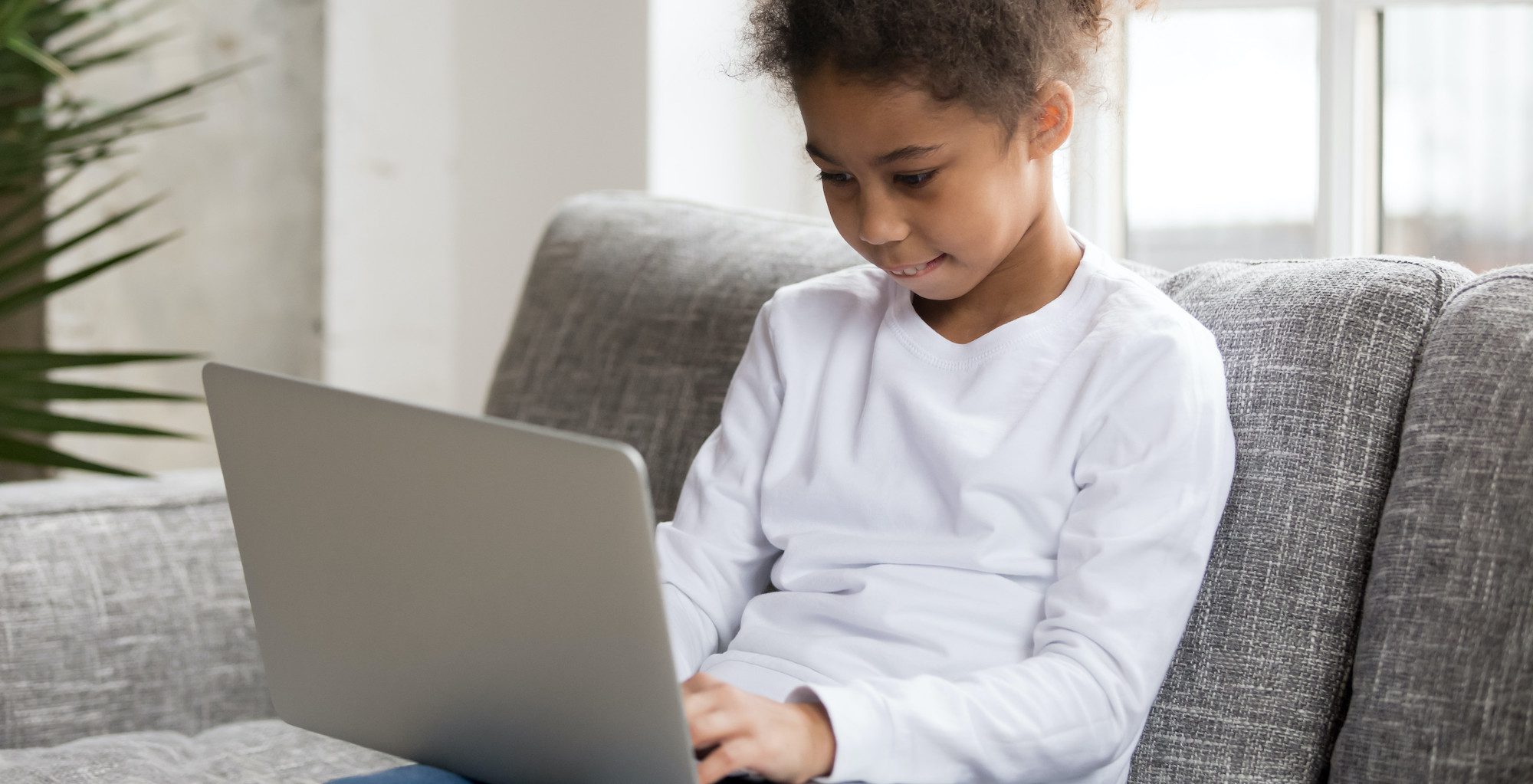Articles by Gene Beresin, Executive Director
Teen Breakup Violence, Part 1 – Shrinking It Down
February 3, 2021
Teen Breakup Violence, Part 1 – Shrinking It Down
Content Warning: This episode is the first in a two-part series on teen relationship violence. It may be difficult for some of our listeners. Romantic relationships are a crucial part of life for teenagers. In fact, the biggest emotional struggles in high school and college often come from breaking up with friends or romantic partners. […]
International College Students: Challenges and Solutions
January 27, 2021
International College Students: Challenges and Solutions
This post is one of a four-part series on college student mental health. The other posts in this series are: College Students of Color: Overcoming Racial Disparities and Discrimination LGBTQ Students in College: Fostering Inclusion, Acceptance, and Safety The Challenges of First-Generation College Students *** College campuses are an ideal place to learn from others. […]
9 Self-Care Tips for Teachers
January 20, 2021
9 Self-Care Tips for Teachers
Since COVID-19, teachers have continued to feel additional pressures on top of their already demanding work lives: Being responsible for teaching and emotionally supporting students Responding to increased parent communications, through multiple online platforms Creating innovative ways to interact remotely, and navigating the technology to do it Being prepared to offer hybrid meetings and events (both in-person and remote) to parents and others These […]
LGBTQ Students in College: Fostering Inclusion, Acceptance, and Safety
LGBTQ Students in College: Fostering Inclusion, Acceptance, and Safety
This post is one of a four-part series on college student mental health. The other posts in this series are: College Students of Color: Overcoming Racial Disparities and Discrimination International College Students: Challenges and Solutions The Challenges of First-Generation College Students *** College is a time when many students develop a stronger sense of identity […]
The Nuts and Bolts of Telepsychiatry, featuring Janet Wozniak, MD – Shrinking It Down
The Nuts and Bolts of Telepsychiatry, featuring Janet Wozniak, MD – Shrinking It Down
Did you know the first telepsychiatry visits at Massachusetts General Hospital (MGH), conducted back in 2014, weren’t for adults, but for children? Flash forward, we never imagined how critical teletherapy and telemedicine would become – in such a short period of time – as a part of routine healthcare for all age groups and populations, in […]
College Students of Color: Overcoming Racial Disparities and Discrimination
January 13, 2021
College Students of Color: Overcoming Racial Disparities and Discrimination
This post is one of a four-part series on college student mental health. The other posts in this series are: LGBTQ Students in College: Fostering Inclusion, Acceptance, and Safety International College Students: Challenges and Solutions The Challenges of First-Generation College Students *** Diversity allows us to embrace humanity in a broader way, and to educate […]
Support Kids and Teens Following the Riot In Our Nation’s Capitol
January 7, 2021
Support Kids and Teens Following the Riot In Our Nation’s Capitol
The images of chaos and violence in our nation’s Capitol that many children and teens have been seeing in the media have been disturbing and scary. What’s the impact on our kids? How can we as parents and caregivers help them feel secure in the wake of not just a domestic terrorist act, but one […]
Should My Child See A Therapist?
December 23, 2020
Should My Child See A Therapist?
One in four people will have a mental health disorder at some point in their life, and half of those disorders begin in childhood. While many of us know someone who’s had to deal with a mental illness in one way or another, many parents still aren’t sure how to assess whether their child needs […]
Media Literacy and Mental Health, featuring Common Sense Media – Shrinking It Down
Media Literacy and Mental Health, featuring Common Sense Media – Shrinking It Down
Today’s young people are spending more time online than previous generations, and many parents and caregivers worry about how social media is affecting their mental health, and emotional and social well-being. Strengthening social media literacy skills can help us all better use media as engaged and informed consumers. But what does “media literacy” mean, and […]
Tackling Racism Internally to Better Serve Our Communities – A Closer Look at Mass General’s 10-Point Plan, featuring Joseph Betancourt, MD, MPH
December 9, 2020
Tackling Racism Internally to Better Serve Our Communities – A Closer Look at Mass General’s 10-Point Plan, featuring Joseph Betancourt, MD, MPH
When it comes to structural racism in health care, commitment to change stems from the top in creating physically and emotionally healthier communities. Today, on ‘Shrinking It Down,’ special guest Joseph Betancourt, MD, MPH, Vice President and Chief Equity and Inclusion Officer at Massachusetts General Hospital (MGH), joins Gene and Khadijah to help us understand […]















